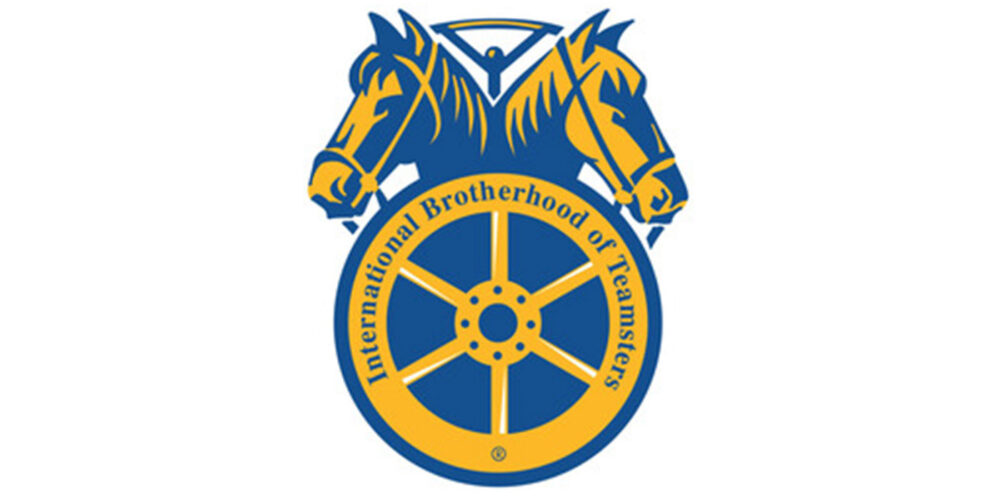DIAMOND BAR, CA — The California Bureau of Automotive Repair (BAR) has published its policy for Smog Check certification of specially constructed vehicles. The publication was prompted by discussions with SEMA, the Specialty Equipment Market Association, and officials with the state Attorney General’s office.
For the past year, SEMA had been working with appropriate agencies to dispel rumors and misunderstandings regarding California’s vehicle registration and titling process so that specially constructed vehicles, including street rods, kit cars and replicas, can become properly registered, titled and emissions certified in the state. Under the BAR policy, the emissions controls of specially constructed vehicles are determined by one of two separate processes; (1) based on what the vehicle body or engine most resembles, or (2) model year or configuration of the engine installed.
In the first case, under the provisions of the Specially Constructed Vehicle Emission Control Program (commonly known as CA Senate Bill 100), a smog test referee compares the vehicle to those of the era that the vehicle most closely resembles to determine its model year. The vehicle’s owner can then choose whether the inspector will certify the vehicle per the year of the body or the engine. If there is no close resemblance, the vehicle is classified as a 1960 model year. The Senate Bill 100 registration program is limited, however, to the first 500 applications for registrations of specially constructed vehicles submitted to DMV per year that meet the criteria. DMV doesn’t categorize the vehicles into SB100 or not; the applicant does that.
In the second case, for specially constructed vehicles without a Senate Bill 100 sequence number, the only emissions controls required are those used when the engine was originally manufactured. For example, a Cobra kit-car using a 1968 351C Ford V8 would require all emissions equipment originally required for that model year engine. A dune buggy upgraded with a ’91 L79 TPI GM V8 would require all emissions equipment used on that engine.
More generally, if a configuration precedes 1966, no exhaust emissions controls would be required. If the configuration precedes 1961, no PCV system would be required. If a range of model years applies to any particular engine configuration, vehicle owners will have the option to select the model year of emissions controls to be used. Further, according to the BAR, new and rebuilt “crate” engines fall into this “range of model years” category. As an example in this category, the use of a Chevrolet 5.7L ZZ4 V8 engine in a replica of a ’32 Ford roadster would require emissions equipment found on the first 5.7L engines used in ’67. Finally, and in some instances, vehicle owners may be required to provide engine information to aid in the identification and inspection process.
Currently, the Department of Motor Vehicles (DMV) registers “Specially Constructed Vehicles,” which are by definition built for private use, from a kit or some combination of new and used parts. The DMV does not assign a model year to these cars. Rather, the vehicle is assigned the year in which the application for registration is submitted to DMV. A “Specially Constructed Vehicle” application submitted to DMV today would not have a model year, but would have 2005 assigned as an asterisk year [*YR 2005].
However, this designation does not relate to the emission control requirements for the vehicle. The DMV’s website has a detailed explanation of the process for registering “Specially Constructed Vehicles” (dmv.ca.gov/vr/spcnsreg.htm). The website provides general emission control information and also outlines the previously mentioned Specially Constructed Vehicle Emission Control Program (Senate Bill 100 program). Consumers with questions regarding the Smog Check program may contact the Department of Consumer Affairs’ Consumer Information Center at (800) 952-5210.
“For too long, misunderstanding of California’s complex vehicle registration laws has created confusion among state hobbyists,” said SEMA Vice President of Government Affairs Steve McDonald. “Certain hobbyist vehicles, including those that could be classified as specially constructed, may be erroneously titled or registered. Consequently, owners may have paid reduced registration fees and avoided emissions testing requirements. BAR’s documented policy for specially constructed vehicles should help clear the way for the many owners who fail to receive one of the 500 yearly Senate Bill 100 sequence numbers to properly title, register and smog check these vehicles.”
SEMA has also been actively pursuing a solution that provides these vehicle owners a reasonable period of time to voluntarily retitle their vehicles and pay appropriate fees. The California Legislature will consider legislation to provide amnesty from prosecution to vehicle owners who have mistitled or misvalued their vehicles. This bill will likely be considered in the 2006 legislative session. In the meantime, SEMA has vowed to work with all relevant parties to consider alternative approaches to protect vehicle owners who voluntarily reregister their vehicles, pay appropriate fees and fulfill BAR emissions requirements.
_______________________________________
Click here to view the rest of today’s headlines.









